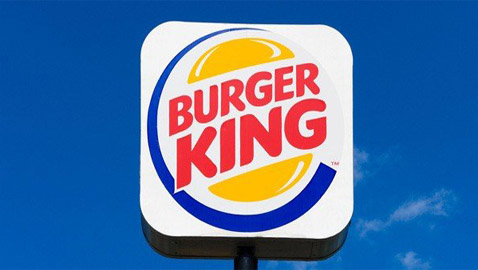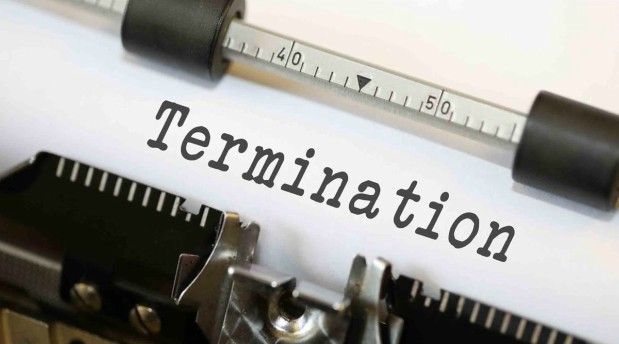Burger King Fires Teen For Refusing To Wear Pants: EEOC Files Discrimination Charges
Post Views 5
The lawsuits states that the company’s practice deprives Mcshan of equal employment opportunities owing to her religious viewpoints and observances as a Christian Pentecostal. The EEOC says that this is an infringement of the Title VII of the Civil Rights Act of 1964, which forbids employer from discriminating based on religion.
According to the lawsuit, McShan was a 17-year old when she applied for a job as a cashier. She had made it clear that her religion forbade her to wear men’s clothing and explicitly told that she would need to be wearing a long-black skirt to work and not the standard-issue uniform pants that the company asks their employees to wear.
At the time, the employee interviewing her assured her that she would be allowed to adhere to her religious convictions and permitted to wear a skirt to work.
However, when she arrived at the workplace for orientation, she was told that she could not wear a skirt and was asked to leave the store, even though she argued that this was a matter of religious belief.
Pentacostal Christians believe in a stringent, exact elucidation of the Bible. Their dress code is determined by, Deuteronomy 22:5 which distinctively states: “The woman shall not wear that which pertaineth unto a man, neither shall a man put on a woman’s garment: for all that do so are abomination unto the Lord thy God.” Pentecostal women frequently cover their heads while worshipping and dress conservatively.
Equal Employment Opportunity Commission trial attorney Meaghan Shepard, who is representing McShan said, that McShan, whom he called a sweet, eloquent young girl, had a made a simple request, that owing to her religion an exemption should be made in her case and she be allowed to wear a skirt instead of black pants.
Moreover, Shepard added, she was granted consent which was later revoked. She behaved very responsibly, while the Burger King franchise did not. Even her efforts to get in touch with the higher-ups proved futile and they failed to respond to her requests.
In a statement, Shepard said, “Accommodating Ms. McShan’s religious beliefs would have been simple and cost the company nothing. Management’s failure to comply with federal law deprived this teenage girl of the opportunity to work during her senior year of high school.”
Even though she was fired even before she began her first shift, the lawsuit is seeking “appropriate back pay with prejudgement interest” including punitive damages and an injunction.
The franchisee that owns the Great Prairie Burger King, Fries Restaurant Management LLC, declined to comment whilst Burger King Corp. said that since their franchisees, independently own and operate Burger King Restaurants, they prefer not comment on their personnel or legal issues.
Robert A. Canino of the EEOC’s Dallas District Office expressed unease about the alleged incident, said that it is apparent that we haven’t progressed much when it comes to respecting religious liberties at the workplace. Employers should tell how the religious observance will come in the way of effectively fulfilling work and should articulate “any hardship posed by letting an employee ‘hold the pickles’ and ‘hold the lettuce’ while wearing a skirt,” he said.
The fast-food giant’s motto declares, “Have It Your Way,” but does it practice what it professes, clearly the lawsuit says, it doesn’t.
Burger King Fires Teen For Refusing To Wear Pants: EEOC Files Discrimination Charges by Harrison Barnes


 10 Things to Look for When Hiring
10 Things to Look for When Hiring  When to Visit Human Resources
When to Visit Human Resources  10 Steps to Properly Fire an Employee
10 Steps to Properly Fire an Employee  Top 10 Most Popular Granted Employer Articles of 2017
Top 10 Most Popular Granted Employer Articles of 2017  Top Trends in Human Resources
Top Trends in Human Resources  Telecommuting Doesn’t Work for All Jobs
Telecommuting Doesn’t Work for All Jobs  10 Ways to Express Your Company Culture
10 Ways to Express Your Company Culture